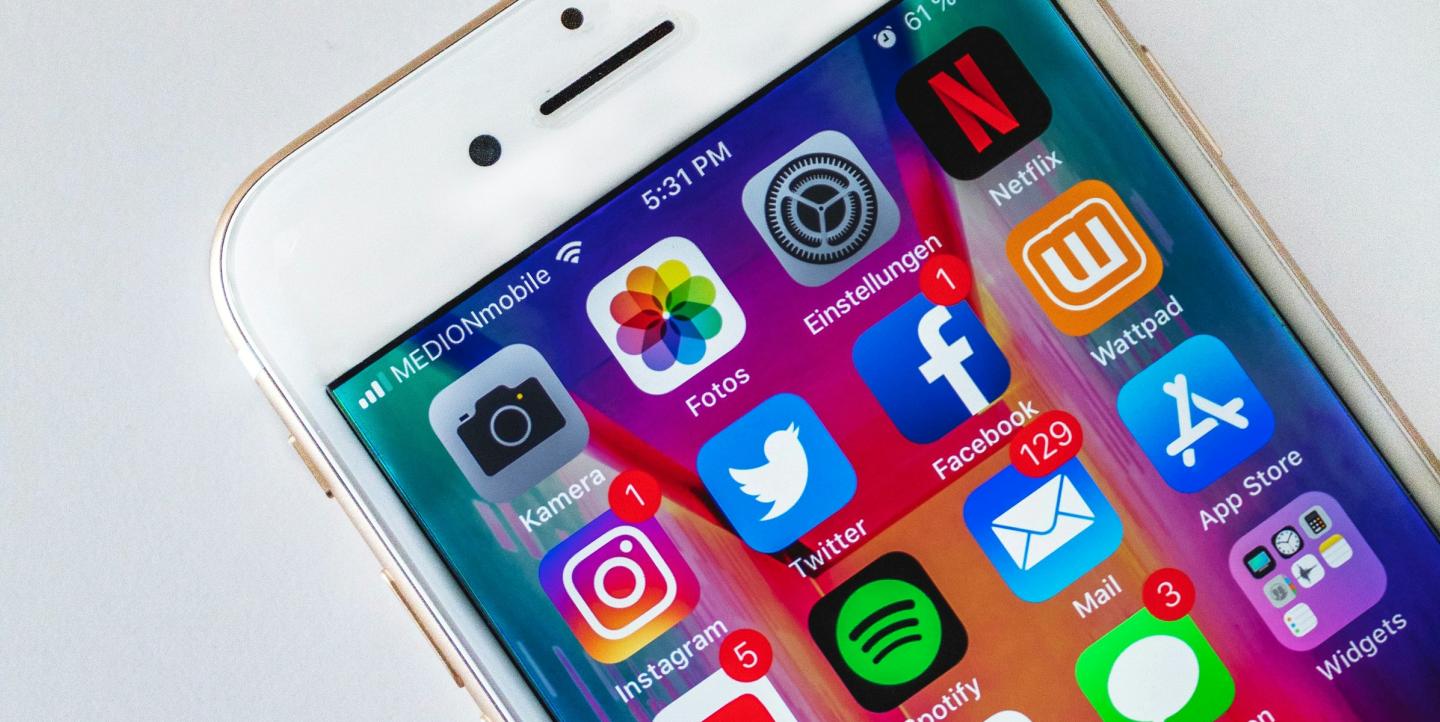Latinos in the U.S. who use social media in Spanish are more likely to believe disinformation when they come across it, according to new research about the news consumption habits of Latino communities.
Among the false narratives that have spread widely are the “Big Lie” that U.S. President Joe Biden did not win the 2020 election, found the report’s authors, professors Jonathan Nagler, co-director of New York University’s Center for Social Media, and Marisa Abrajano, of the University of California San Diego.
Latinos are the largest racial and ethnic minority in the U.S., with more than 60 million living in the country today. However, little research has been conducted to understand Latinos' online information consumption habits and how those habits shape their political opinions and behavior.
The resulting gap in information limits the ability of key stakeholders – from politicians and academics, to leaders of civil society groups, and directors of Spanish-language media organizations (like me) – to understand the diversity of this key political group in the run-up to the 2024 elections and beyond.
The study, titled Understanding Media Habits & Engaging Latino Communities, is the largest, most comprehensive study on this topic published to date. It yields insightful results that journalists should consider as they work to counter disinformation among Latino communities.
The study
More than 2,500 Latinos across the U.S., including equal numbers of English-dominant, Spanish-dominant, and bilingual participants, participated in the study, the authors said during a virtual launch event. The findings are drawn from five surveys conducted over the course of a year, as well as information analyzed from digital trace data on X (formerly Twitter), Facebook, YouTube and web browsing.
In addition to the findings mentioned above, the study confirms a hypothesis that we at Factchequeado have experienced firsthand and have shared with the wider community for several years: Latinos in the U.S. use WhatsApp much more than their white counterparts. They don’t just use the messaging app to connect with family and friends; they also use it to get their news, and debate politics and other issues important in their lives.
The data is clear: while 15% of people surveyed who identify as non-Hispanic white mentioned getting their news from social media, 57% of surveyed Latinos said they do. The percentage rises even higher, to 74%, among Latinos who prefer to consume their news in Spanish.
The study confirms that Facebook continues to be the social media network most used by U.S. Latinos. This demographic is also much more likely than white Americans to use YouTube – which has no program in place to counter Spanish-language mis- and disinformation – to consume political news.
Considering that disinformation on social media in Spanish is monitored much less than disinformation in English, Latinos who speak Spanish and rely on social media for their news may therefore be more susceptible to political disinformation than those who use social media in English.
Consistent with the researchers' expectations at the outset, the study found that Latinos who rely on solely Spanish-language social media are more likely to believe disinformation, including the “Big Lie” or “Stop the Steal” theories, than those who use both English and Spanish-language social media as news sources. The authors, Nagler and Abrajano, also confirmed that Latinos engage in more political activities on social media than white Americans, especially on WhatsApp. Additionally, Latinos are more likely than their white counterparts to believe information about COVID-19 that they see circulating on social media and the internet.
According to the digital tracking data analyzed for the study, Latinos are also more likely than non-Hispanic white people to use YouTube as a source of news and political information. Latinos who prefer Spanish or are bilingual consume a similar amount of political information and non-mainstream sources on YouTube. Little is known about these non-mainstream information sources on YouTube and who’s behind them.
Takeaways
What lessons does this research teach those of us who are journalists or editors serving Latino communities in the U.S.?
One takeaway is that, more than white communities, Latinos seek out political information and engage in debates with one other about the content. The information consumption habits show that Latino communities don’t just want entertainment and sports news, which was a frequently circulated narrative perpetuated by major media for many years.
Importantly, the study shows that we have to pay attention to the news consumption choices of Latino communities. This step is critical for those of us who lead Spanish-language media organizations in the U.S. and are striving to inform Latino communities more effectively now than we have in the past.
It’s important that we are “social first" as part of this strategy, creating and packaging our content for the messaging apps – WhatsApp, in particular – and social media platforms our audiences communicate on and turn to for their news.
Recognize, too, that this frontier is rapidly evolving: TikTok, already used by 50% of Latino adults, is the fastest-growing social media platform among Latinos in the U.S.
Main image by Sara Kurfeß on Unsplash.
This article was originally published by IJNet in Spanish. It was translated to English by journalist Natalie Van Hoozer.


